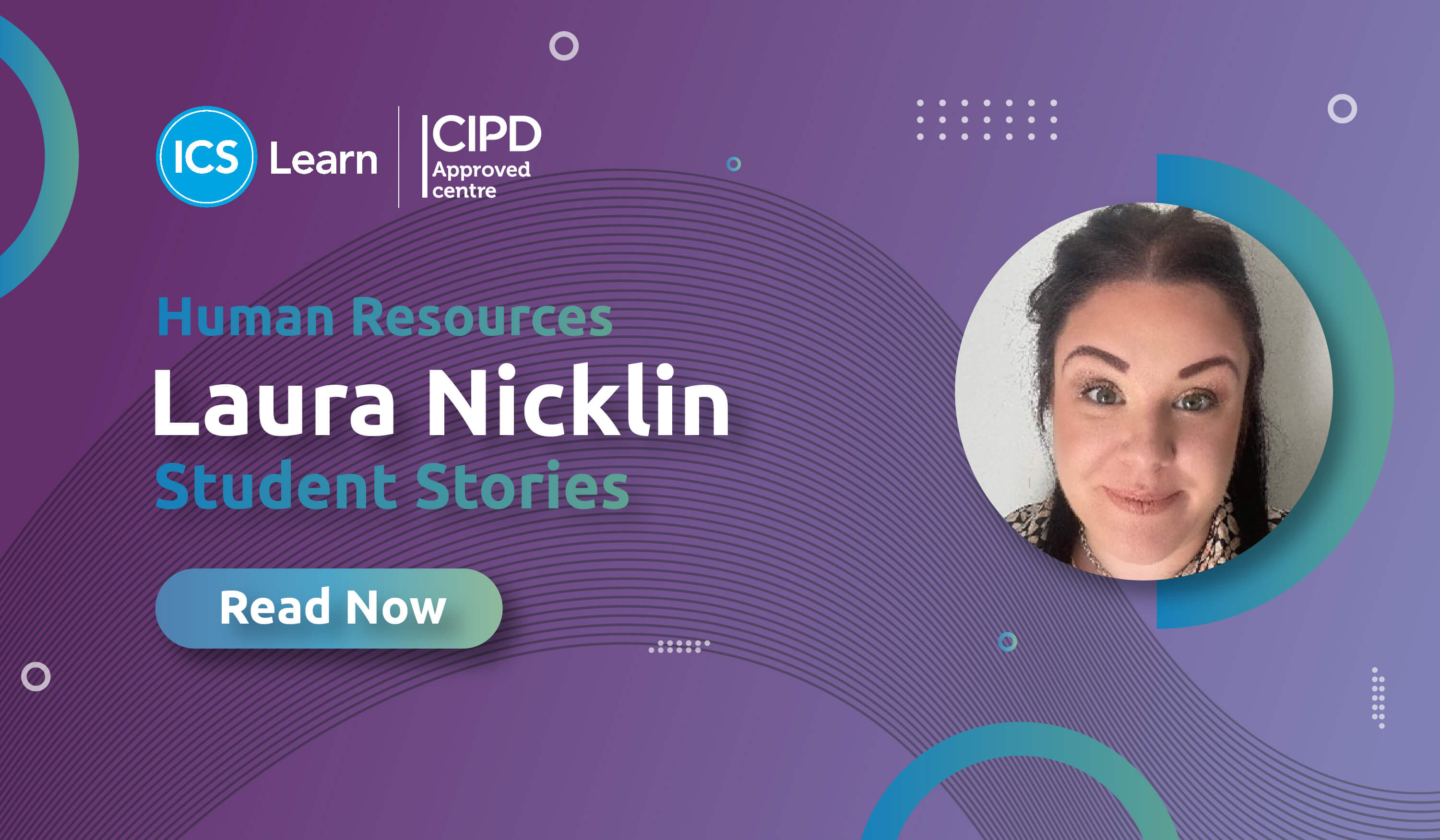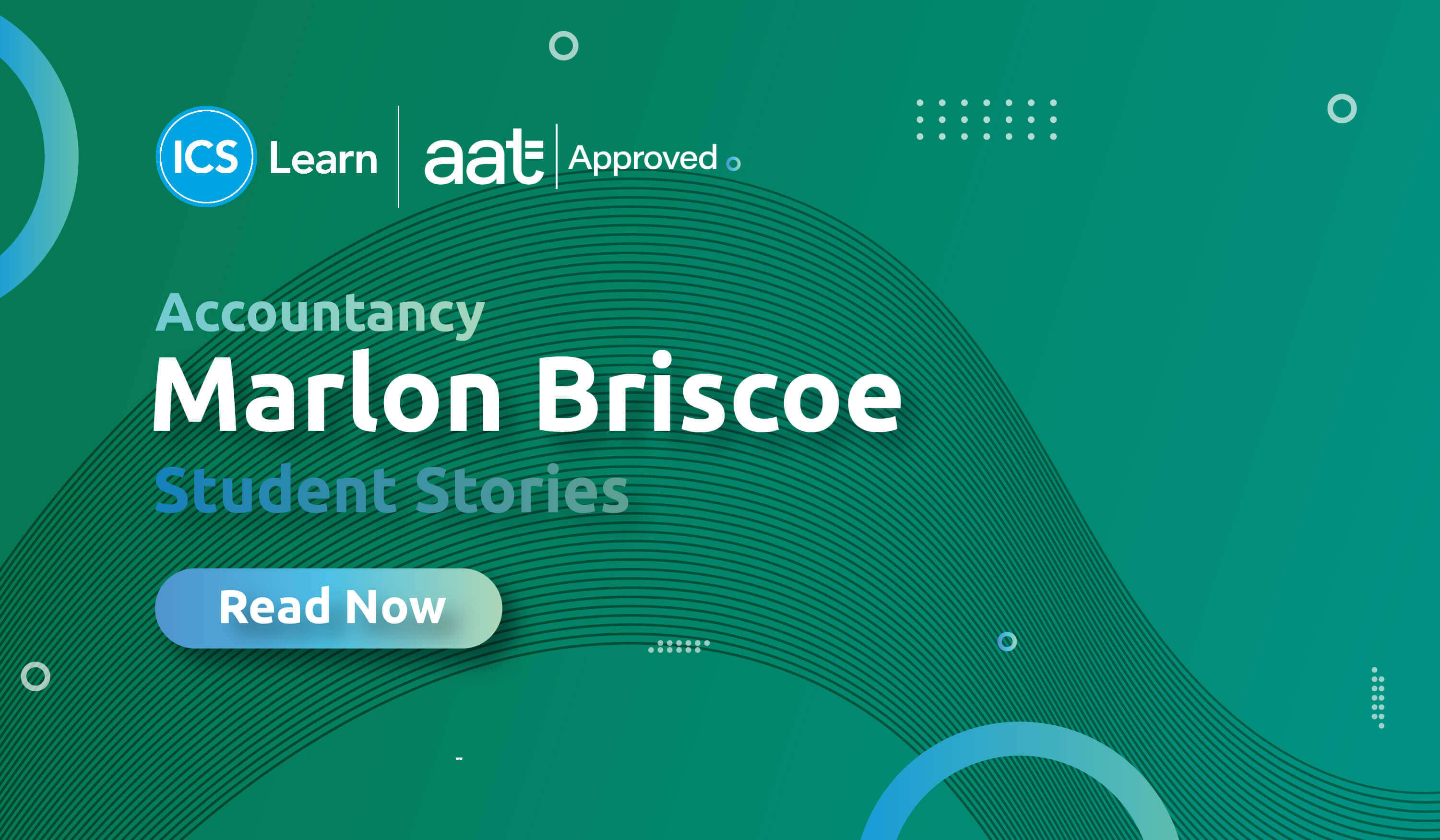Student Stories & Blog
CIPD Student Stories: Laura Nicklin | Level 3 Foundation Certificate in People Practice
Laura always had an interest in HR, keen to pursue a career in the field. During maternity leave of her second child, she decided to work towards gaining the Level 3 Foundation Certificate in People Practice.

18 April 2024 - 2 min read
A Guide to the CIPD Membership Levels: Foundation, Associate & Chartered
Find out more about how becoming a member of the CIPD can advance your HR or L&D career at any stage with our useful guide to the CIPD membership levels.

17 April 2024 - 2 min read
Student Stories: Marlon Briscoe | AAT Level 3 Review
Marlon was looking to gain a professional qualification in Accounting to advance his career, which is when he came across our AAT accounting courses.

15 April 2024
How Much Can I Earn in Project Management?
If you're interested in pursuing a career in project management, but not sure how much you'll be earning, then this blog is for you! We have compiled a list of the most common project management jobs in the UK to help you decide.

11 April 2024 - 4 min read
Building a Strong Company Culture: Insights from HR Experts
Building a strong company culture takes time and commitment. Learn more about the journey in this blog, with insights from HR experts and recruiters.

11 April 2024 - 4 min read
CIPD Student Stories: David Eldridge | Level 7 Advanced Diploma in Strategic People Management
David has always been interested in continuous professional development, find out how he is getting on with the Level 7 Advanced Diploma in Strategic People Management in his student story.

11 April 2024 - 2 min read
ICS Learn Introduces Live Online CIPD Qualifications
ICS Learn is excited to announce the launch of our new Live Online study method for our globally accredited CIPD HR and L&D courses.

08 April 2024 - 2 min read
How Long Does a BCS Qualification Take?
Gaining a BCS qualification is an essential element in developing your IT career. Here's our guide to how long each course will take you to complete.

03 April 2024 - 4 min read
HR's Role in Succession Planning and Talent Management
Discover the role of HR in driving organizational success through effective succession planning and talent management strategies. Explore expert insights, best practices, and actionable tips to cultivate a thriving pipeline of future leaders.

02 April 2024 - 2 min read
What Is Agile Project Management - 5 Tips For Success
Find out everything there is to know about agile project management, including 5 tips for overall success.

27 March 2024 - 5 min read






















